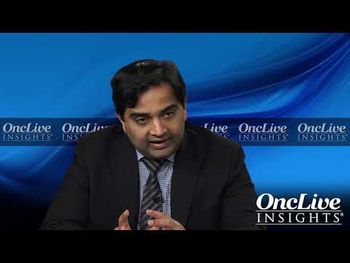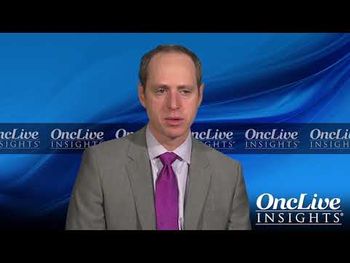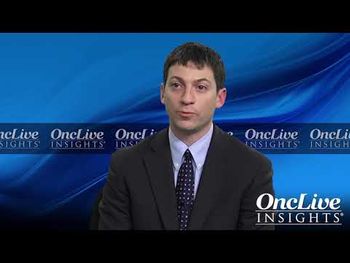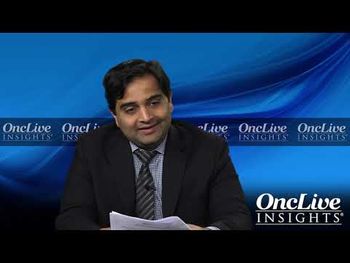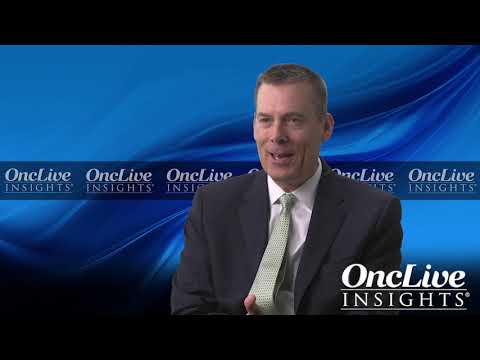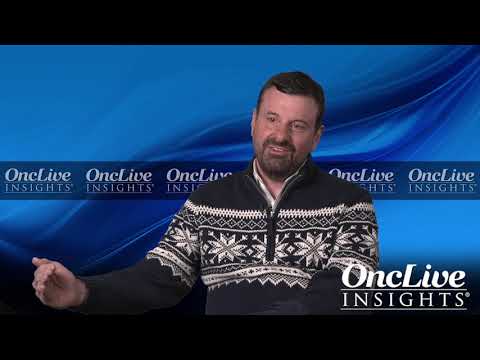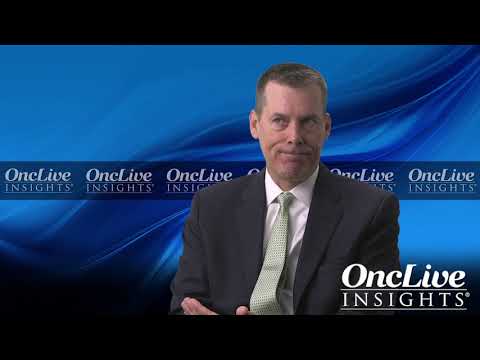
Chronic Lymphocytic Leukemia
Latest News
Latest Videos

CME Content
More News





New agents in chronic lymphocytic leukemia are significantly strengthening the armamentarium, particularly next-generation BTK and PI3K inhibitors, and although toxicities remain an issue, tolerability may be improving.

The day is approaching that chemotherapy may be unnecessary for the treatment of patients with chronic lymphocytic leukemia.

Nicole Lamanna, MD, highlights the latest MURANO data in CLL, delving into the need for more studies to test the feasibility of time-limited treatment in this patient population.

Patients with relapsed/refractory chronic lymphocytic leukemia had an improved response rate with chimeric antigen receptor T-cell therapy if they also received ibrutinib.

Suman Kambhampati, MD, reflects on the emergence of data in chronic lymphocytic leukemia from the 2018 ASH Annual Meeting.

Jordan Gauthier, MD, MSc, discusses retrospective results of concurrent ibrutinib and JCAR014 and where chimeric antigen receptor T-cell research is headed for patients with chronic lymphocytic leukemia.
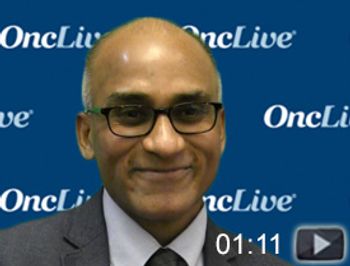
Suman Kambhampati, MD, co-medical director, Blood Cancer Program, Sarah Cannon Research Institute, discusses data from the 2018 ASH Annual Meeting in chronic lymphocytic leukemia (CLL).
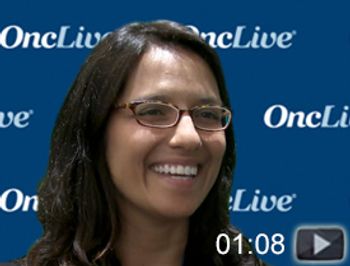
Shagun Arora, MD, assistant clinical professor at the University of California, San Francisco (UCSF) Helen Diller Family Comprehensive Cancer Center, discusses the use of venetoclax (Venclexta) in the treatment of patients with chronic lymphocytic leukemia (CLL).

Brad Kahl, MD, professor in the Department of Medicine, Washington University School of Medicine, Siteman Cancer Center, discusses frontline therapy selection in chronic lymphocytic leukemia (CLL).
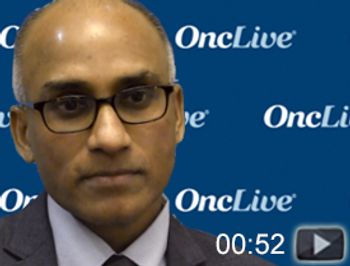
Suman Kambhampati, MD, co-medical director, Blood Cancer Program, Sarah Cannon Research Institute, discusses the combination of frontline ibrutinib plus obinutuzumab for the treatment of patients with chronic lymphocytic leukemia.

The FDA has approved the combination of ibrutinib and obinutuzumab for the first-line treatment of patients with chronic lymphocytic leukemia or small lymphocytic lymphoma.

Ian W. Flinn, MD, PhD, discusses the potential impact of duvelisib on patients with chronic lymphocytic leukemia.

John F. Seymour, MBBS, PhD, clinical hematologist, associate director of Clinical Research, Peter MacCallum Centre, director of the integrated Haematology Department of the Peter MacCallum Cancer Centre and the Royal Melbourne Hospital, discusses the rationale for the MURANO study in patients with chronic lymphocytic leukemia.

Shagun Arora, MD, assistant clinical professor at the University of California, San Francisco (UCSF) Helen Diller Family Comprehensive Cancer Center, discusses novel therapies in the treatment of patients with chronic lymphocytic leukemia (CLL).

Brian T. Hill, MD, PhD, assistant professor, Hematology and Oncology, Cleveland Clinic, discusses resistance to BTK inhibition in chronic lymphocytic leukemia (CLL).
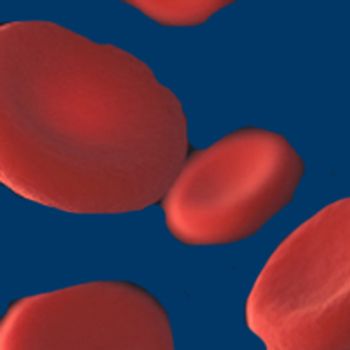
Over the past 2 decades, considerable efforts have focused on the development of therapies that can restore apoptosis in malignant cells.

The understanding of the BCL2 oncogene and the BCL-2 protein family have motivated the current advancements in cancer therapeutics that target different members of apoptotic regulatory networks.
